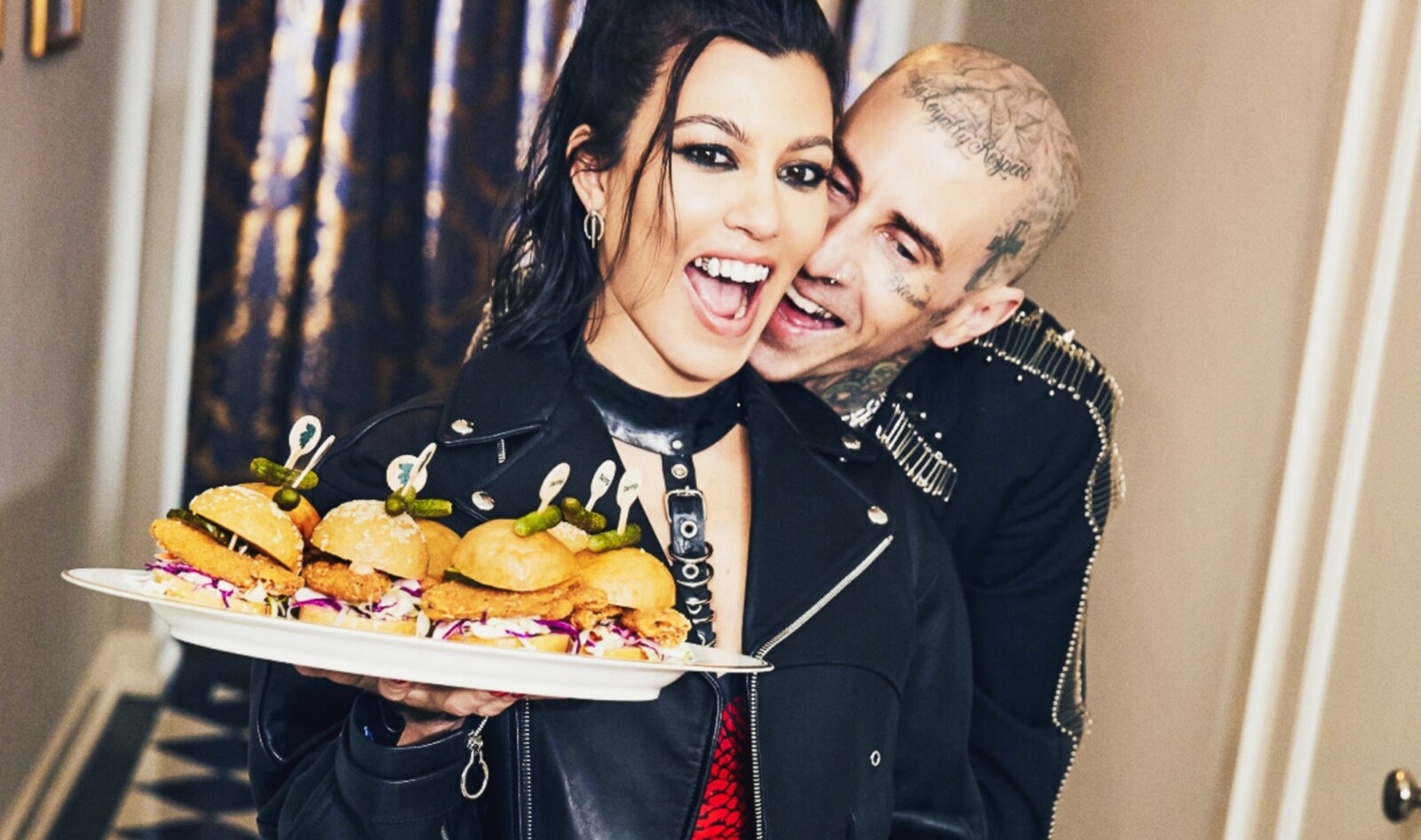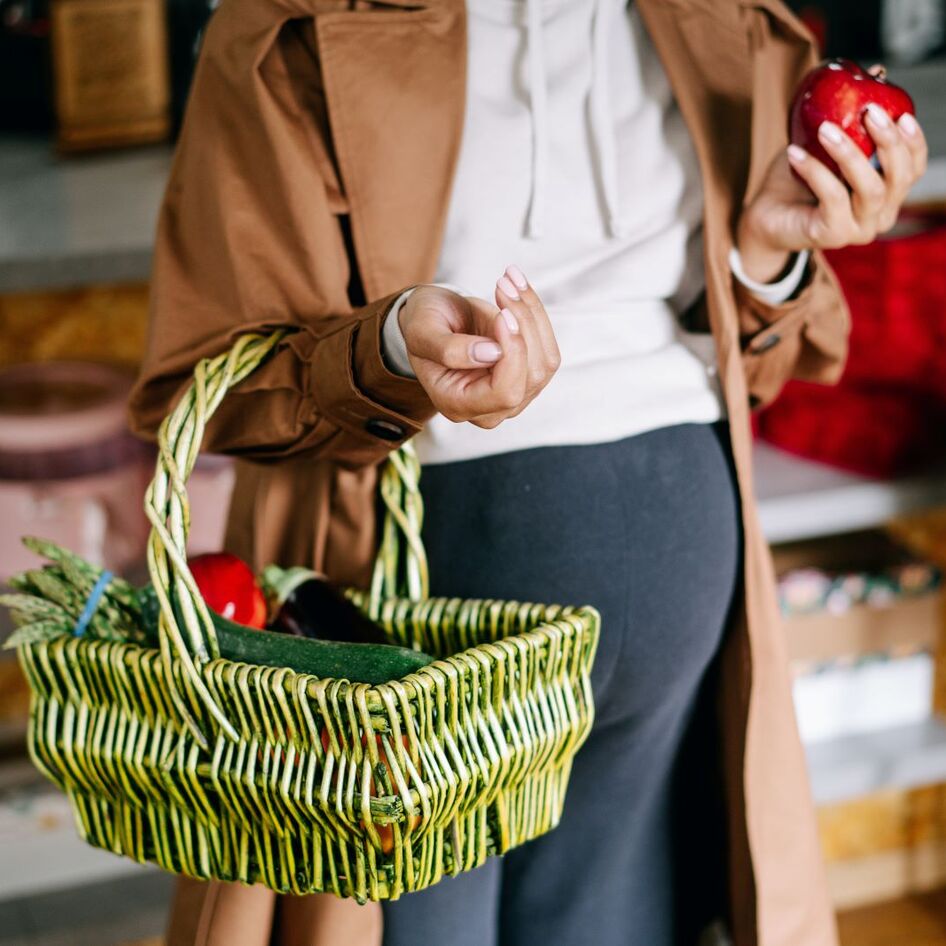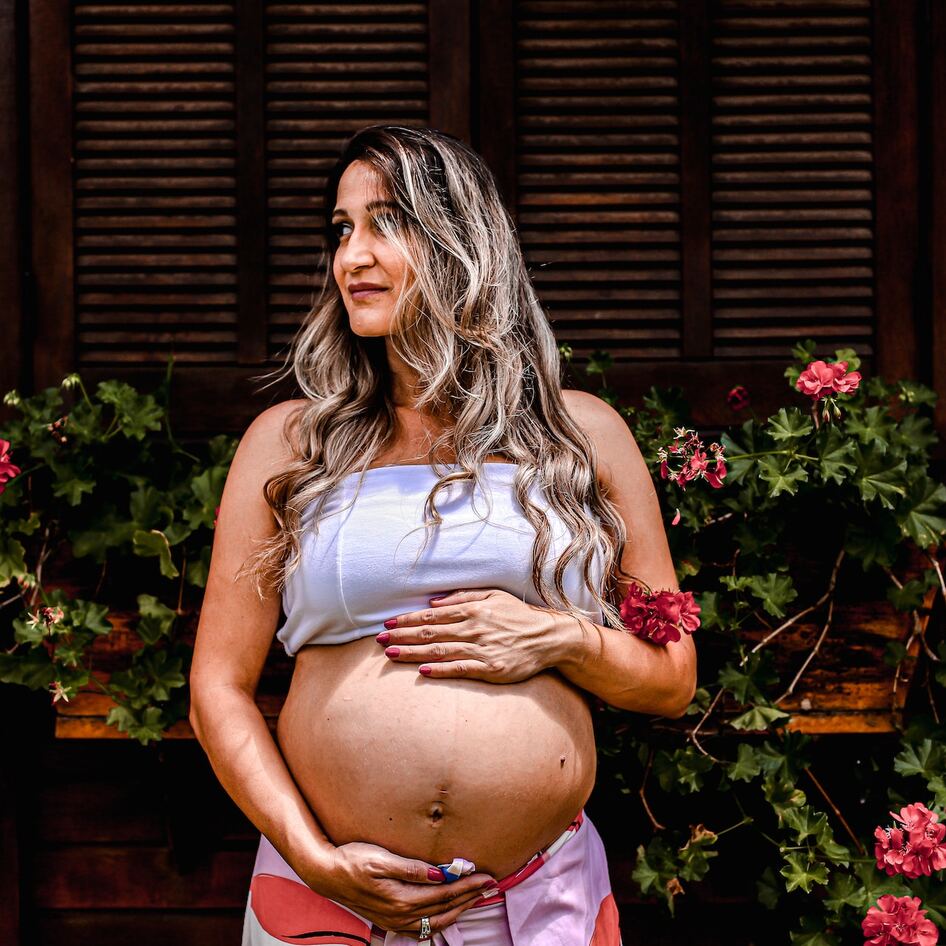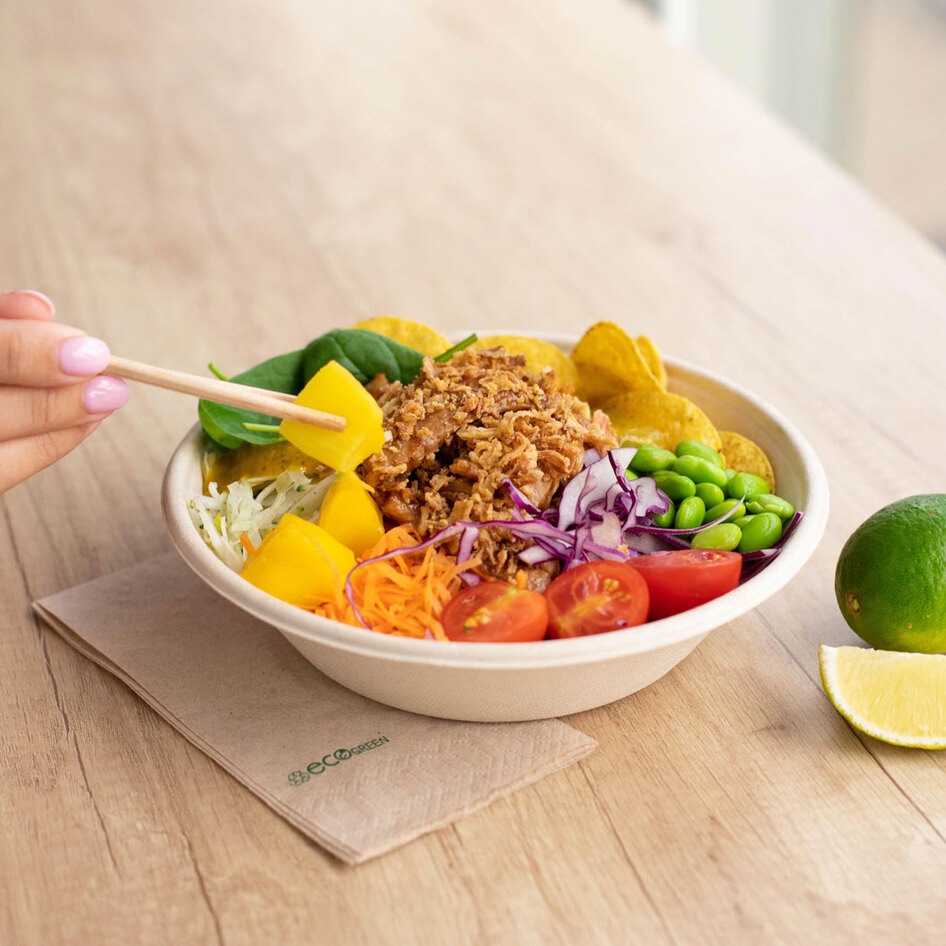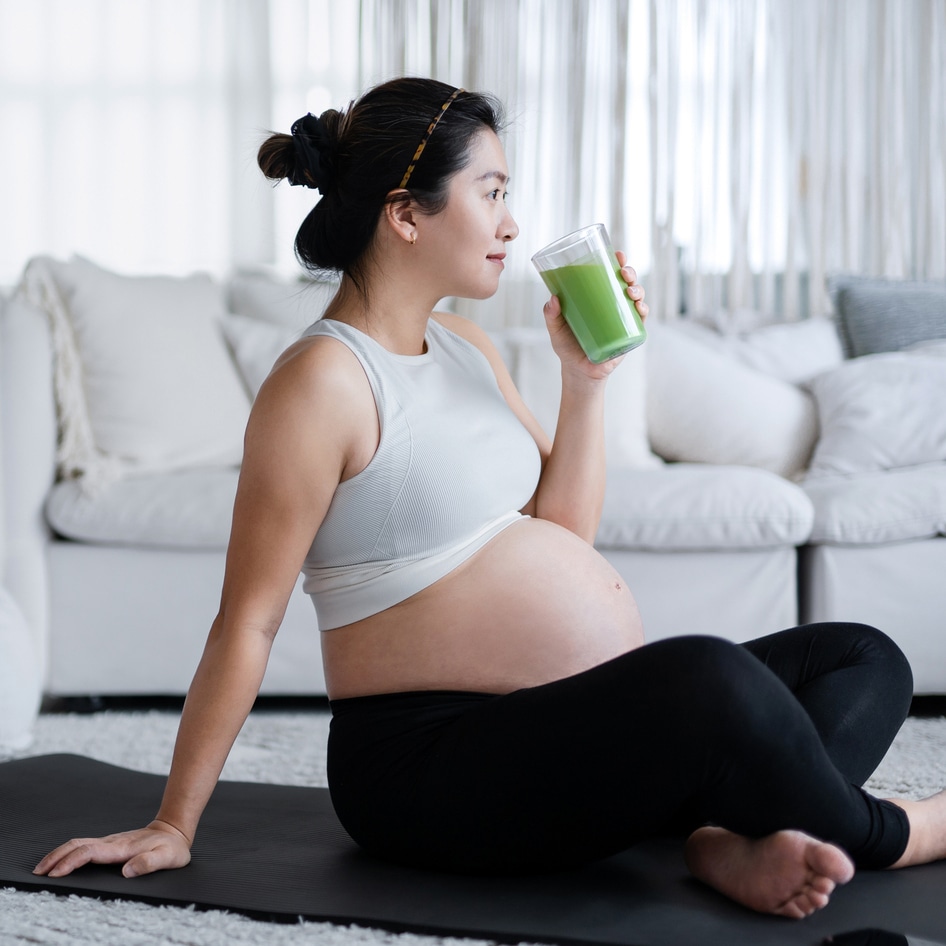Recently, pregnant Kourtney Kardashian Barker was seen eating out at vegan restaurant Crossroads Kitchen in Calabasas, CA with husband and Blink-182 drummer Travis Barker.
While pregnant, Kardashian continues to share plant-based meals with Barker (who has been vegan for 17 years) and, coincidentally, Crossroads is one of their favorite vegan spots for a nice dinner out. In fact, the fine-dining restaurant is a top pick for the couple, as shared on Kardashian’s Poosh wellness website last year.
At Crossroads Kitchen, they often order a large selection of dishes. Among their favorites are the Romaine Caesar Salad, Fried Olives, Squash Blossoms, Tempeh Piccata, and Chili Cheese Fries. To end the meal, the couple opts for a matcha latte and a brownie sundae topped with brandied cherries.
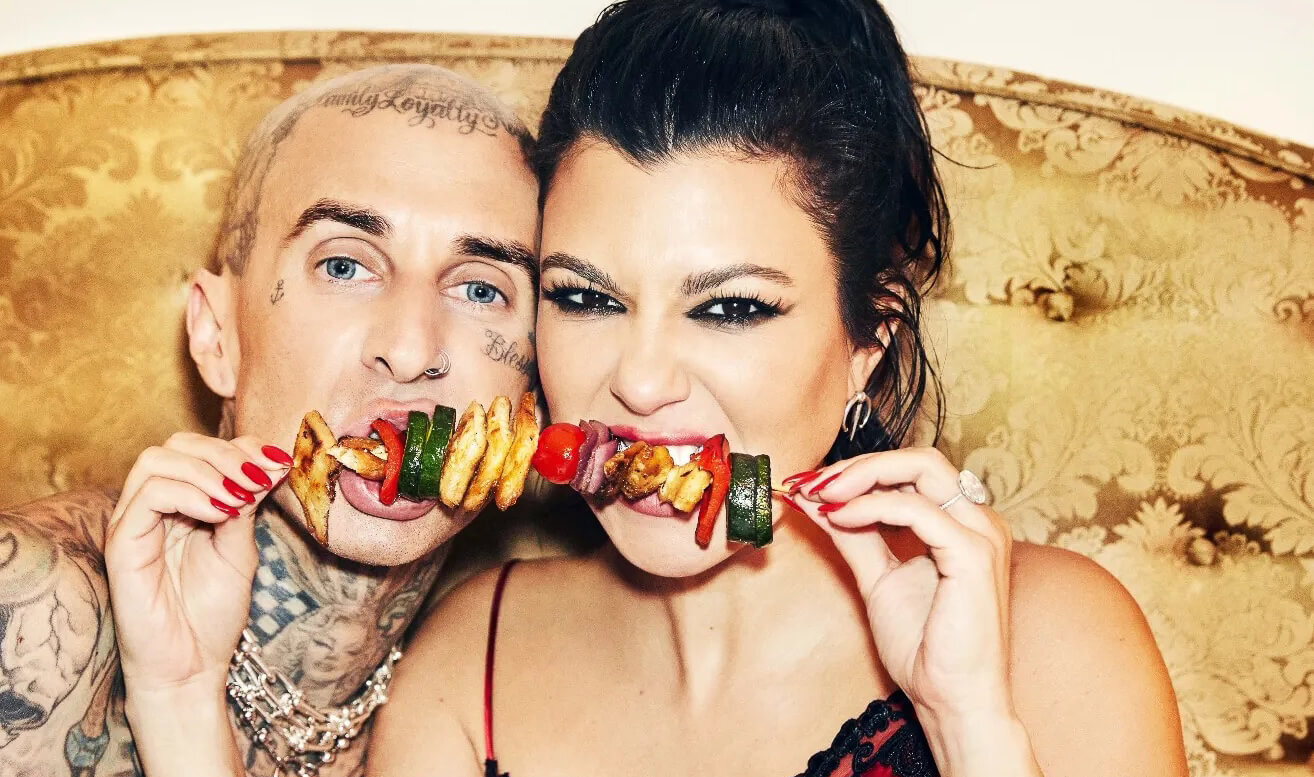 Ellen von Unwerth
Ellen von Unwerth
“A lot of people don’t realize it’s vegan when they first visit because the food tastes so much like the non-vegan versions (it’s honestly magic—who knew non-dairy cheese could taste so good),” Kardashian says. “All of the plates are shareable, so bring some friends and try it all.”
Other vegan favorites the couple shared on the blog span the gamut of cuisine from Japanese to Middle Eastern to classic Americana with a plant-based twist.
Is it safe to eat vegan while pregnant?
While Kardashian continues to eat healthy plant-based prenatal meals, a recent study published in the American Journal of Obstetrics and Gynecology adds to a growing body of research suggesting that a healthy vegan pregnancy could have benefits.
The research, conducted by a team led by Jorge E. Chavarro, MD, ScD, a professor of nutrition, epidemiology, and medicine at Harvard University’s Medical School and School of Public Health, suggests that women who consume a diet rich in plant-based foods may have a reduced risk of developing hypertensive disorders during pregnancy.
The prospective cohort study, which followed 11,459 women aged 18 and older, evaluated the participants’ diets using a validated questionnaire that assessed the frequency and quality of plant-based foods. The study subjects were part of the Nurses’ Health Study II, a long-term research project spanning from 1991 to 2009.
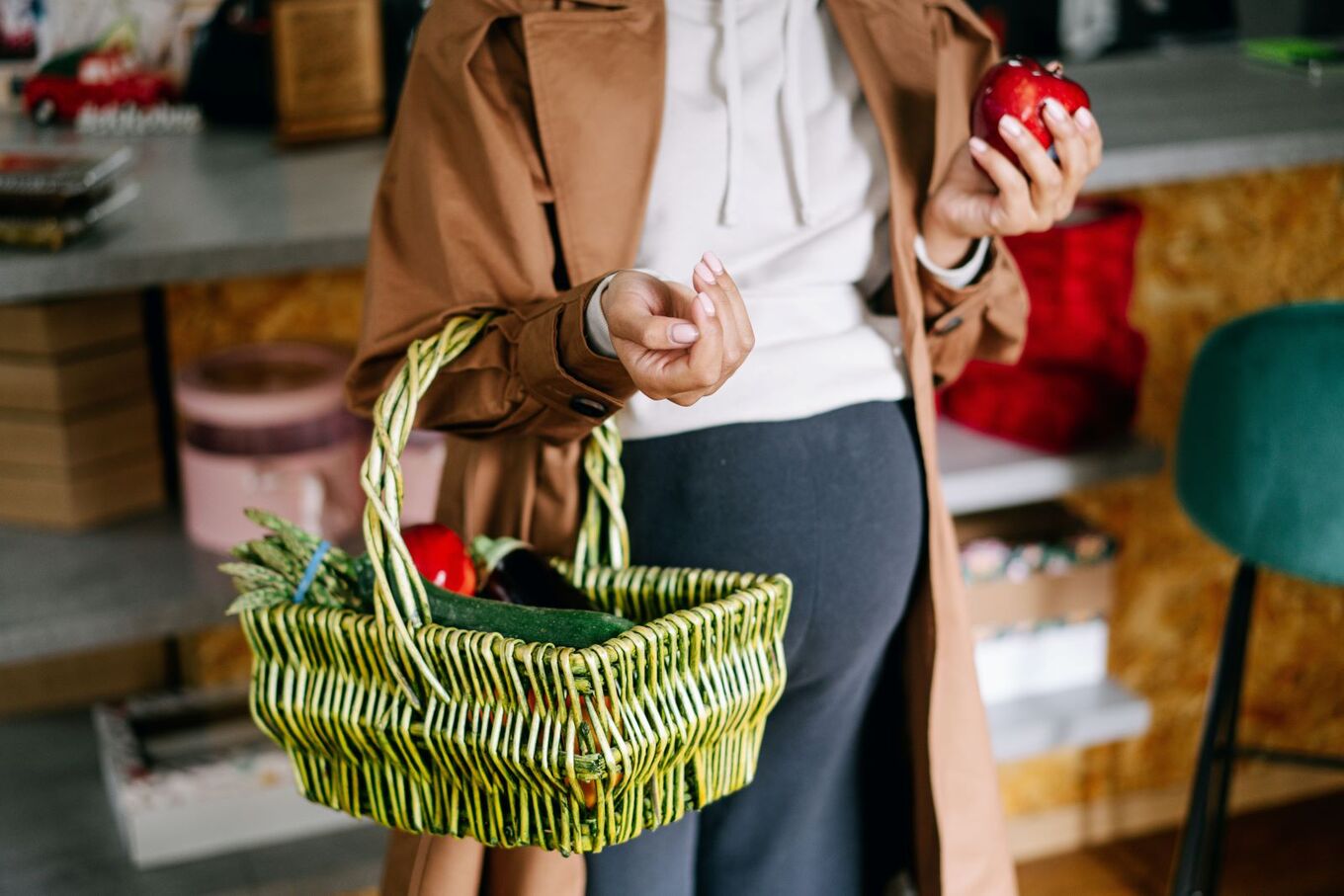 Ivan Samkov/Pexels
Ivan Samkov/Pexels
From the questionnaire responses, the researchers calculated the Plant-Based Diet Index (PDI), which measured the degree of adherence to a plant-based diet, even among participants with omnivorous eating habits.
“We wanted to know how one’s diet leading up to pregnancy influences the pregnancy, so we monitored women for virtually their entire reproductive life—almost 20 years—and gained an awareness of their typical diet before pregnancy,” Chavarro told Medscape.
The study’s findings showed that as the proportion of animal products in diets decreased and the proportion of plant-based products increased, the risk of hypertensive disorders of pregnancy decreased as well.
“It was clearer for pregnancy-related hypertension than for preeclampsia, but a diet made up primarily of plant-based foods seemed to be protective for both,” Chavarro said.
Chavarro also emphasized that in addition to the problems these conditions cause during pregnancy, both increase the risk of developing other chronic diseases later in life.
Health benefits of a plant-based diet
Another study published earlier this year found a direct link between fiber intake during pregnancy and infants’ brain development. The study analyzed data from more than 76,000 mother-infant pairs participating in the Japan Environment and Children’s Study.
By comparing children’s development from mothers with varying levels of dietary fiber intake during pregnancy, the researchers made significant findings. The children of mothers with lower fiber intake were more likely to exhibit neurodevelopmental delays, affecting communication skills, problem-solving abilities, personal-social skills, and both large and small muscle coordination.
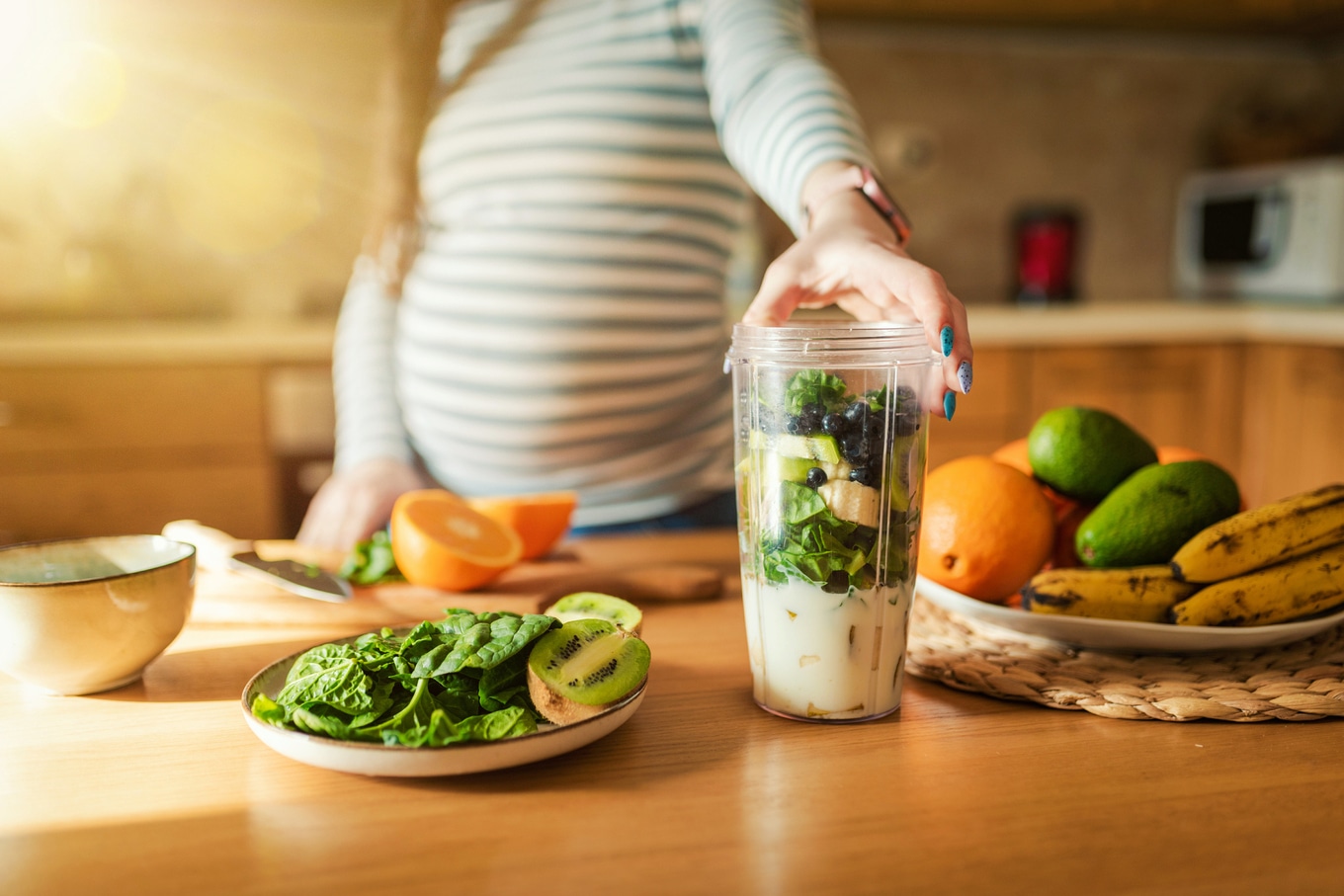 Getty
Getty
Similarly, a 2021 study on Australian women found that, despite the importance of consuming adequate fiber during pregnancy, many pregnant women do not eat enough fiber. That study found that women eating high-fiber diets tended to eat more fruit (mainly apples and bananas) and vegetables than women who eat a low-fiber, often Western-style diet.
The authors of this study noted that increased knowledge of fiber-rich fruit and vegetables could help target healthy eating strategies and support women to optimize their fruit and vegetable intake, especially during the critical period of pregnancy.
For the latest vegan news, read:
JUMP TO ... Latest News | Recipes | Guides | Health | Shop

